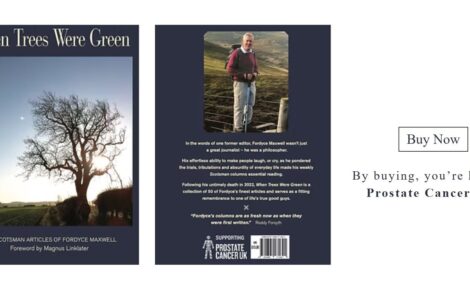



Lowering Greenhouse Gas Emissions Improves Profits
UK - Improved economic performance goes hand in hand with lower greenhouse gas emissions, said Chris Lloyd, Eblex Industry Development Manager at the Eblex annual conference, reports Charlotte Johnston, TheCattleSite editor.With evidence that climate change will affect the UK future climate, including more summer droughts and an increase in winter rainfall, Mr Lloyd said that by voluntarily taking action now on farm, UK agriculture can help reduce greenhouse gas (GHG) emissions.
An industry driven initiative is the GHG action plan, which brings together various players in the supply chain to reduce emissions and demonstrate that the industry is actively working towards reducing emissions.
This is particularly important as 80 per cent of beef carbon footprint originates on farm.
The plan involves 15 on-farm actions targeting crop and nutrient soil management, manure and slurry handling practices, animal health, nutrition and breeding, protecting and enhancing carbon stores, as well as fuel and energy management.
Mr Lloyd said that data shows a huge degree of variability between carbon footprints on beef farms, which presents a great opportunity for the industry.
Reducing carbon emissions on farm can result in improved profitability and efficiency, Mr Lloyd explained.
A 1kg of CO2 reduction per kg of liveweight results in a 28 pence per kg increase in profit.
To date, performance improvements in beef production have resulted in lower GHG emissions. Data shows that between 1970 and 2010, the beef carbon footprint fell from 23.05kg of carbon dioxide equivalents (kg CO2-e) per kilogram of liveweight, to 14.41kg CO2-e.
This is an equivalent of 9.4 per cent every decade, achieved through increased sale weights, improved daily liveweight gains, reduced fertiliser use and more efficient feeding practices.
Defra has set the agriculture sector an interim target to reduce its contribution to GHGs by 11 per cent by 2020 based on 2008 figures. Looking at the above data, the UK is on track to reach these, Mr Lloyd said.
A new policy brief by the CGIAR Research Programme on Climate Change, Agriculture and Food Security (CCAFS) has highlighted that the entire food chain is at risk from the impact of climate change.
As farmers and food producers adapt and recalibrate their responses to climate change and its many challenges, the culture of food and what is eaten will need to adjust or change completely as different crops are raised to compensate for new growing conditions.
"The good news is that if farmers and food producers start to adapt now, they can stave off some of the dour food production and distribution scenarios laid out in this research. But they can't face these complex, interrelated problems, which vary from crop to crop and region to region, alone. They need support from the highest levels," said Philip Thornton, a theme leader at CCAFS.



